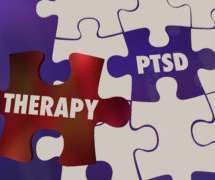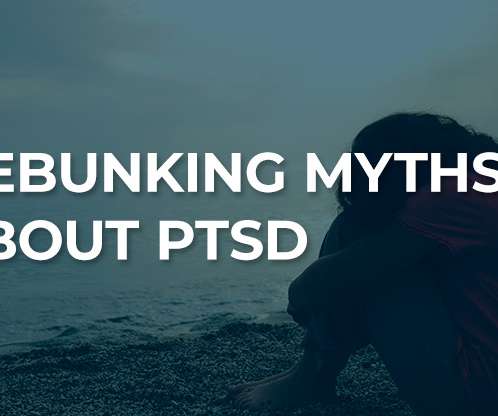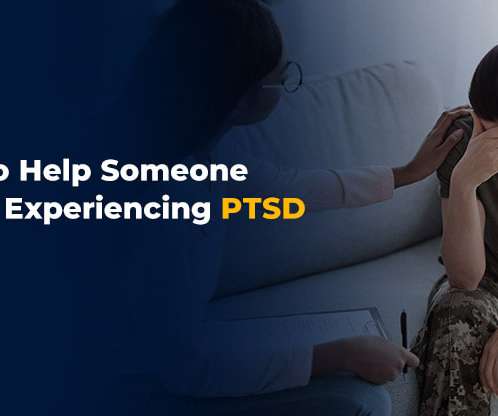How do we know when posttraumatic stress disorder is getting better?
Society of Clinical Psychology
JULY 13, 2020
Posttraumatic stress disorder (PTSD) causes a great deal of mental and physical distress, and can significantly reduce a person’s quality of life. depression and anxiety symptoms; Cuijpers, 2019; Yehuda & Hoge, 2016). Defining response and nonresponse to posttraumatic stress disorder treatments: A systematic review.











Let's personalize your content